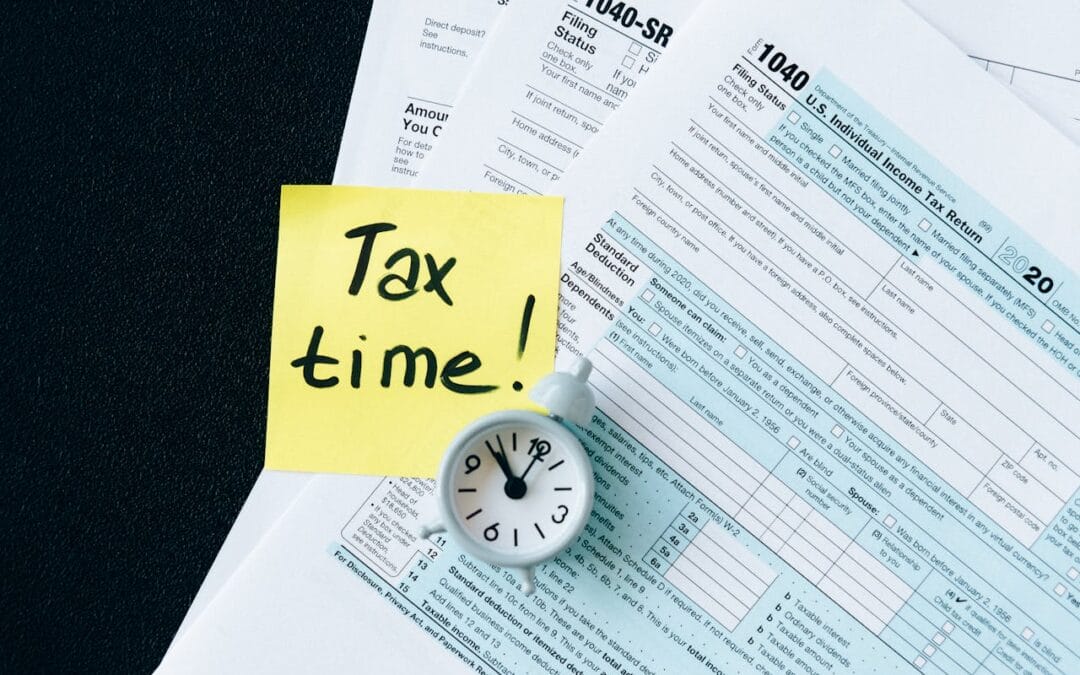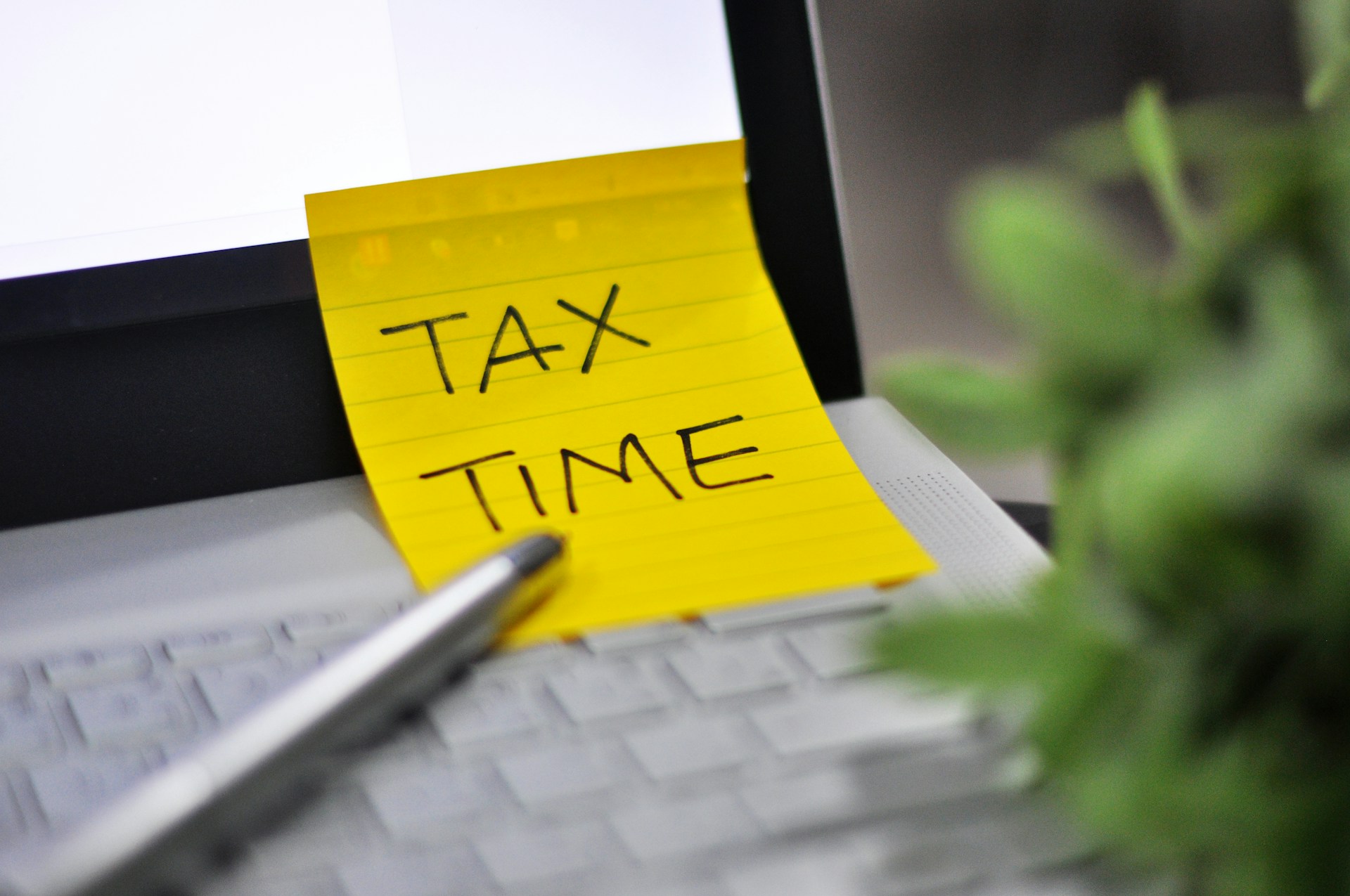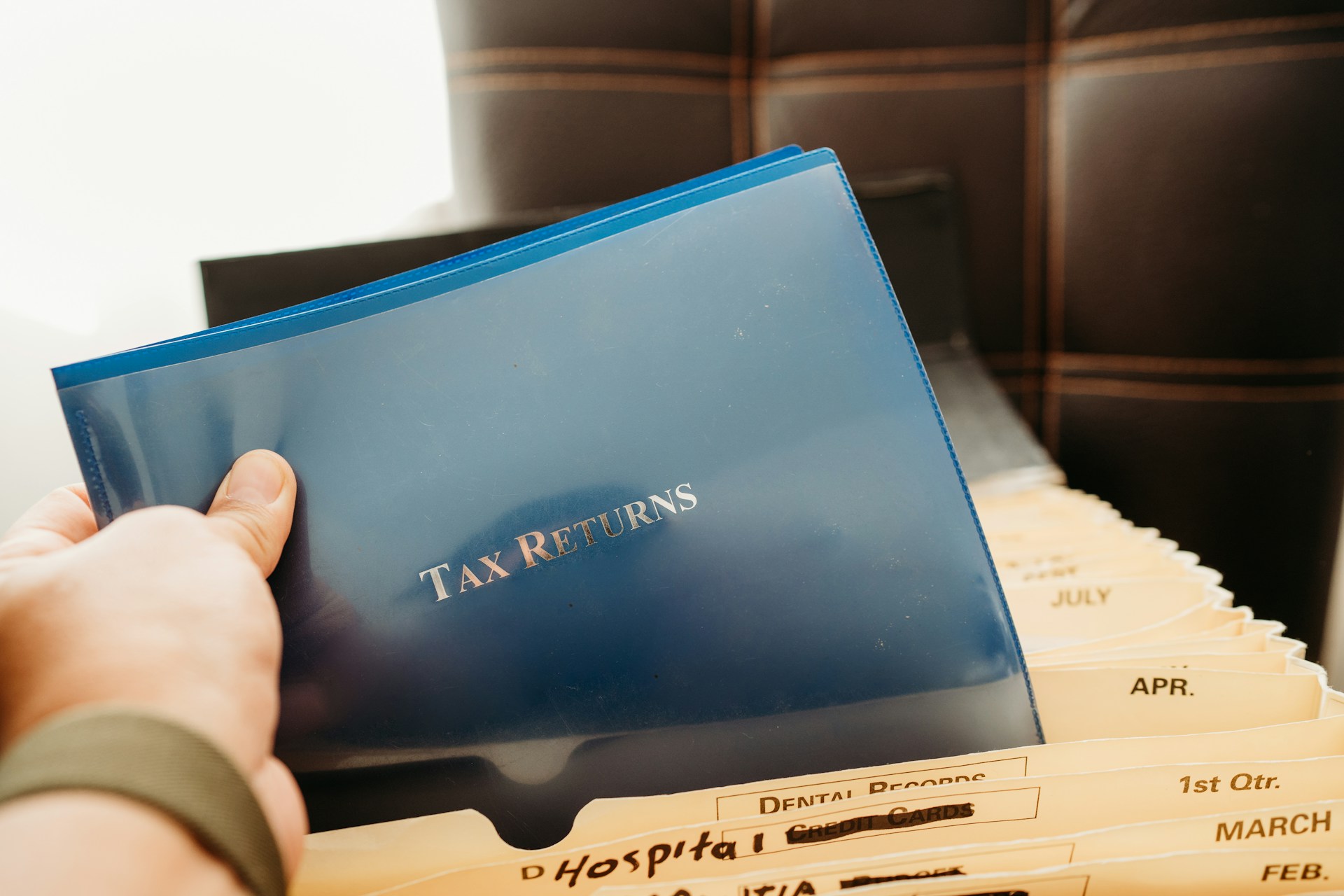As tax season approaches in North Carolina, getting your paperwork in order can save you a world of stress. Gathering and organizing tax documents not only speeds up the filing process but also reduces the chances of errors—something everyone wants to avoid when dealing with taxes. Picture this: you’ve got all your documents at arm’s reach, ready to streamline your income tax preparation. This kind of organization not only helps in maximizing efficiency but also ensures peace of mind, knowing that you’re well-prepared for any tax return questions.
Being organized with your tax documents isn’t just about making your life easier—it’s about being proactive. When you have everything sorted and accessible, the entire tax preparation process becomes smoother. An organized approach means no last-minute scramble for documents, which means no added pressure or tension when it’s time to file. Let’s explore how you can make this happen effortlessly.
Gather Essential Documents Early
To get ahead, start by gathering all the necessary documents early on. Waiting until the last minute only increases the likelihood of overlooking something important. Here’s a short list to help you keep track:
1. Wage and income statements, like W-2 forms or 1099s, which outline your earnings.
2. Receipts for deductible expenses such as medical costs, business expenses, or educational fees.
3. Records of your contributions to retirement accounts or charitable donations, which might qualify for deductions.
Keep these documents in a designated spot throughout the year. This way, they’ll be easily accessible when you need them. An example would be setting up a dedicated folder—either physical or digital—where you store these documents as they come in. Make it a habit to file each relevant document immediately, and your future self will thank you.
Collecting your paperwork gradually rather than all at once takes a weight off your shoulders. It breaks down what can feel like a massive task into manageable parts. By doing a little at a time, you set yourself up for success when tax season hits, ensuring that nothing slips through the cracks.
Create a Filing System
Once you’ve gathered your essential documents, the next step is to sort them in an efficient way. There are several methods to keep your paperwork organized, each offering different benefits depending on your preference and lifestyle. While some people prefer having everything in physical folders, others might find digital filing systems or tax software more convenient.
Consider these filing methods:
– Physical Folders: Use labeled folders for each category, such as income, expenses, and deductions. Store these in a dedicated filing cabinet or box, so they don’t get misplaced.
– Digital Files: Scan your documents and save them in well-organized folders on your computer. Utilize clear names and dates for easy searching.
– Tax Software: Opt for programs that let you upload and store documents as part of the filing process. These usually provide additional organization tools and reminders.
Labeling becomes your best friend in this process. Clearly mark every file by type and date. That way, when you’re hunting down last year’s W-2 or a receipt from March, it becomes a quick task. This structured approach reduces stress and saves time.
Keep Track of Deductions and Credits
Deductions and credits can significantly reduce the amount of taxes you owe, so keeping detailed records of eligible expenses is important. Common areas to look for deductions include medical costs, state taxes paid, and mortgage interest. Also, don’t forget about charitable contributions which can be a source of deductions as well.
To keep this manageable:
– Maintain a ledger or spreadsheet that logs each expense immediately.
– Use a smartphone app to track small daily expenses that could add up to a sizable deduction.
– Set aside a specific folder for receipts related to each potential deduction category.
By regularly updating these records, you prepare yourself for a smoother filing process. Staying consistent with tracking ensures that when you file your taxes, you can identify every possible deduction. Paying attention here not only benefits your current situation but establishes a good habit for future tax seasons.
Regularly Review and Update Records
After you’ve set up your filing systems and tracked deductions, the last step is to regularly audit your records. Doing this monthly or quarterly helps you stay on top of your tax preparations and ensures that you note any life changes, such as a new job or moving states, which may affect your return.
Here’s one way to manage it:
– Schedule a specific day each month for a brief review of your documents.
– Update any new income statements or deductions as they come in.
– Keep an eye out for any updates in tax laws that might influence your filings.
Taking a little time regularly to sort through your records can prevent unnecessary stress when tax time arrives. By staying organized throughout the year, you ensure faster and more accurate processing, allowing you more time to focus on things you enjoy.
By keeping your tax documents organized throughout the year, filing taxes becomes a breeze instead of a burden. This systematic approach ensures you catch every deduction and credit available to you, making the most of your financial situation. Let Speedy Tax Preparation & Bookkeeping Service assist you with this task. To see how we can help simplify the process, explore our individual income tax preparation services in Elizabethtown, North Carolina. Get ahead this tax season and experience a stress-free way to manage your taxes.







